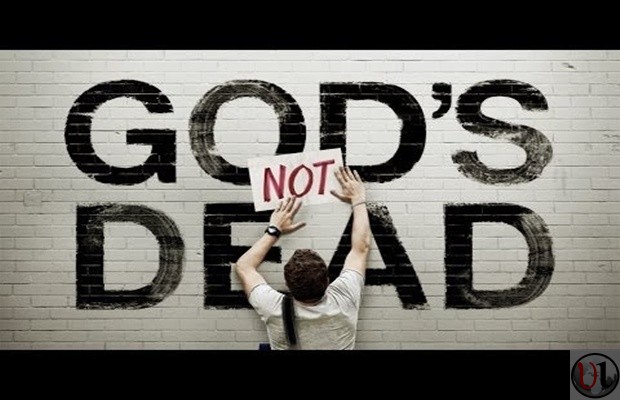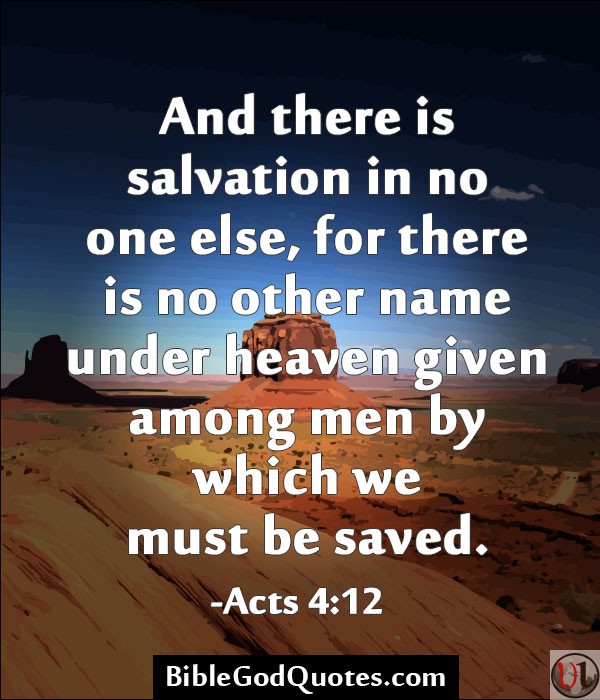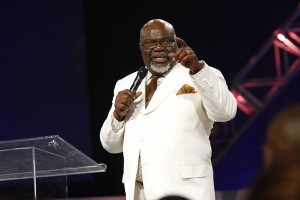Belief is something that requires the strength of an outside power and to many it’s a point where you can stand on where there is no hope. Some do not believe at all or if they do they claim that it’s not from an outside source as they think it’s all about them and not GOD. 5 known Atheists were at the same point of not believing but now they find themselves at a point of believing that there is a GOD.

- C.S. Lewis
Before he wrote the Narnia saga, some divisive sci-fi and the popular theology books that led to thousands of rational conversions (mine included), Clive Staples Lewis was a professed atheist. He spoke of a “blandly Christian childhood”, but wrote in his biographical work Surprised by Joy of his “seemingly firm belief in the inexistence of God”, which was later shattered by a combination of reading GK Chesterton and developing a friendship with JRR Tolkien. In perhaps the most famous passage from that book, he writes:
“You must picture me alone in that room at Magdalen, night after night, feeling, whenever my mind lifted even for a second from my work, the steady, unrelenting approach of Him whom I so earnestly desired not to meet. That which I greatly feared had at last come upon me. In the Trinity Term of 1929 I gave in, and admitted that God was God, and knelt and prayed: perhaps, that night, the most dejected and reluctant convert in all England.”

2. Peter Hitchens
The younger brother of noted atheist writer Christopher Hitchens once shared his late sibling’s worldview. A journalist, author and conservative political commentator, he infamously set fire to his copy of the King James Bible as a 15-year-old at boarding school. He and Christopher shared a tempestuous relationship over 50 years, exchanging their youthful arguments over toys for debates about the existence of God in later life.
He describes coming to an awareness of his own sin, writing that “my large catalogue of misdeeds replayed themselves rapidly in my head… I had absolutely no doubt that I was among the damned, if there were any damned.” Getting married in church, and swearing oaths before a God whom he’d previously rejected, further unsettled him, and he slowly found himself professing a Christian faith. After his brother famously published God is not Great in 2007, Peter wrote his own book, The Rage Against God in response, critiquing the new atheist movement among which Christopher was so prominent.
3. A.N. Wilson
The British author and journalist writes that in his 30s he “lost any religious belief whatsoever,” and went on to write a book – entitled simply Jesus – which poured scorn on the idea that the gospels contained historically accurate information on a man who he simply regarded as a prominent Jewish leader. However, after spending “five or six years” quietly attending church, he says he discovered that he had come to adopt the faith preached there.
Wilson is now one of modern atheism’s most outspoken critics, riled particularly by the assertion that faith is the pursuit of the weak-minded. In a famous article for the Daily Mail, Wilson broke cover as a Christian convert and took aim at celebrity atheists, or what he called “all the liberal clever-clogs on the block”, while in another Christmas Day article for The Telegraph, he wrote of his now utter conviction that “the Gospel would still be true even if no-one believed it.”
4. Anthony Flew
His name may not be familiar, but Flew was one of the most significant atheist thinkers of the pre-Dawkins era. He was a prominent critic of religion, suggesting that atheism should be the default position until evidence for God could be produced; that the burden of proof should be on the faiths, not on the faithless. He carried these beliefs late into life, even signing 2003’s Third Humanist Manifesto. However, just a year later, he announced that he had dramatically changed his philosophical allegiance.
Flew hadn’t converted to the Christian faith, but he had embraced deism – the belief in God. So convinced was he, that in 2007 he published his final book, There is a God: How the world’s most notorious atheist changed his mind. It has been discredited by atheists ever since who claim that Flew’s change of position was due to his declining mental health, and that the book was mainly the work of his co-writer. However, before his death in 2010, Flew lucidly and specifically addressed this in one of his final articles, itself a rebuttal of Dawkin’s references to him in The God Delusion.
5. Alister McGrath
Today he’s one of Christianity’s fiercest and most respected defenders, but Alister McGrath had to undergo a Pauline conversion before he got there. Growing up in Northern Ireland in the 1960s, McGrath writes that he “came to the view that God was an infantile illusion, suitable for the elderly, the intellectually feeble, and the fraudulently religious… It was the received wisdom of the day that religion was on its way out, and that a glorious, godless dawn was just around the corner.” As a young intellectual with an aptitude for science and specialisms in quantum theory and then biology, McGrath’s rationalist worldview had little patience for theories of blind faith.
However, his deep engagement with science was – perhaps counter-intuitively – the very thing that unsettled his unbelief. He writes: “Atheism, I began to realize, rested on a less-than-satisfactory evidential basis. The arguments that had once seemed bold, decisive, and conclusive increasingly turned out to be circular, tentative, and uncertain.” He became a Christian, and continued his enthusiastic pursuit of science, realising that his growing interest in theology was not in conflict with it; rather the two disciplines illuminated each other. Having at first been a fan of Richard Dawkins’ scientific writing (if not his arguments for atheism), he has since become one of his most enduring opponents, both in print (he’s the author of The Dawkins Delusion) and in public debate.
What’s perhaps most interesting about all of these stories is the diversity among them. One might imagine that famous intellectuals tend to arrive at a conclusion of Christian belief by means of rational argument, yet that’s by no means the only reason given. Conviction of sin, the observation of transformation, and the sense that God was simply pursuing them all contributed to these widely-varying testimonies. McGrath realised the rational argument for God was stronger than that against him, but Wilson based his decision mainly on what he saw in the behaviour of Christians.
Discover more from ULIZA LINKS NEWS
Subscribe to get the latest posts sent to your email.


